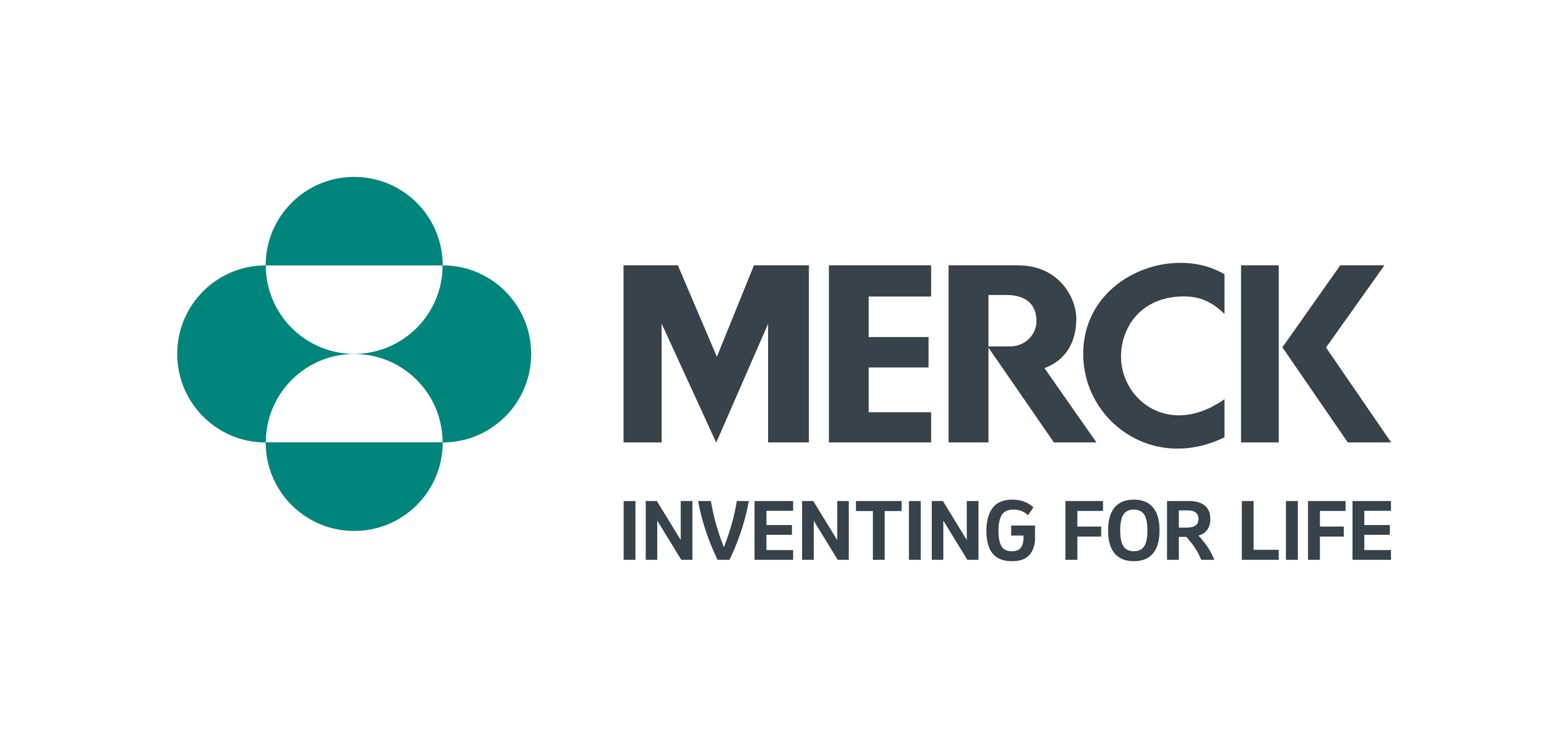Improving Maternal Health Through Evidence-Based Programs
The Big Questions with Dr. Amy Crockett

Why are you so passionate about maternal health?
Birth is such a powerful transition. When a woman becomes a mother, it's such an important time in her life. By positively impacting that moment—improving her health and impacting outcomes for the baby—you can change the trajectory of both their lives and the family as a whole. Being a part of that is so exciting for me.
What has your involvement been in maternal health efforts?
Since I'm an OBGYN physician, I get to deliver a lot of babies—which is one of my favorite things to do—but I don't just take care of the women in my waiting room. As the clinical lead for South Carolina Birth Outcomes, I'm also making evidence-based policy recommendations to improve the health of every woman and family in the state.
What are some initiatives you've been working on?
Oh so many! One that's been very successful has focused on eliminating non-medically-indicated deliveries before 39 weeks. Babies delivered after 39 weeks are less prone to complications. We've also been working to decrease the rate of C-sections by ensuring that everyone follows the same guidelines. And we've expanded access to CenteringPregnancy, a group model of prenatal care, which helps decrease incidence of preterm birth as well as racial disparities in preterm births in South Carolina.
I'm really excited about the on-the-ground work, too. We're using something called a SimCoach, an 18-wheeler with exam rooms and mannequins where we can simulate obstetric emergencies like post-partum hemorrhage so that we improve the readiness and protocols in all 42 birthing hospitals here. It's pretty incredible.
Are you seeing similar programs and initiatives across the country?
I do think the idea of a perinatal quality collaborative, which is a group of different stakeholders working together to improve mother-child health, is really catching on. In South Carolina, we're collaborating with various government departments, hospitals nurses and physicians to address child-mother health issues – really anyone who is working with women and infants around the time of birth. Having the buy-in from all these different partners is part of what's made our work so effective. South Carolina is not alone in having a perinatal quality collaborative, but I think the depth and breadth of stakeholders we have could be a model other states adopt. Having these partners on board helps bring other major issues into the conversation, such as substance abuse for example, which, given the opioid epidemic in this country, certainly impacts maternal health.
Where do you think things can improve?
One area where we can do better is maternal mortality. While other states have been looking at this issue for some time, South Carolina just put together a maternal mortality task force this year. And right now, it's a critical issue—maternal mortality numbers are climbing in the U.S. and I'm not sure we have a clear understanding of why.
What do you say to people who want to help, but aren't sure how?
As an issue, maternal mortality feels enormous and overwhelming. But the best chance we have of combating it is having people engaged at different levels. Deciding where we build medical schools, what our policy is on access to contraception, making healthy food available to people, having public spaces to walk and exercise in our neighborhoods, creating or participating in perinatal health collaboratives—these are areas where people of every discipline can get involved and be effective. It's not only the doctors on the front line. Anyone can make a difference in the health of women and mothers.
Join us at MerckforMothers.com to read and comment on this blog.
About Merck for Mothers
Merck for Mothers is a 10-year, 500 million dollar initiative that applies Merck scientific and business expertise – as well as its financial resources and experience in taking on tough global healthcare challenges – to end preventable maternal mortality worldwide. To achieve this, Merck for Mothers is providing transformational and sustainable solutions focused on improving the quality of maternal health care women receive at health facilities and increasing women’s access to family planning.
Merck for Mothers focuses on helping countries reduce maternal mortality and improve maternal health with the overall aim of supporting United Nations’ Sustainable Development Goal (SDG) 3.1, which calls for a global reduction in the maternal mortality ratio to fewer than 70 maternal deaths per 100,000 live births by 2030. For more information, visit www.merckformothers.com.

